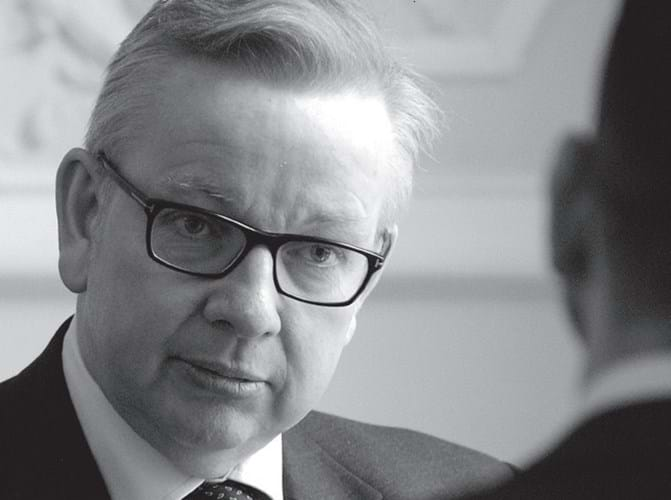
Gove announced the launch of a 12-week consultation called ‘Banning UK sales of ivory’ last week, seeking a ban with some exemptions.
The art and antiques trade is urged to contribute to the consultation.
Browne said the “outlined exemptions are in line with what BAMF had anticipated”.
“The government’s aim is to ban ivory that contributes either directly or indirectly to the continued poaching of elephants,” he added.
“We have argued that there is no evidence that the sale of works of art of significant artistic, cultural or historic value contribute to the appalling illegal trafficking of ivory that has been poached. This is an important point for the trade in art and antiques.
“I encourage people to take part in the consultation and to speak to their associations if they are members.”
Speaking at the launch of the consultation on October 6, Gove said: “Ivory should never be seen as a commodity for financial gain or a status symbol – so we want to ban its sale. These plans will put the UK front and centre of global efforts to end the insidious trade in ivory.”
Possible exemptions
The consultation proposes four categories of exemptions to a total ban: musical instruments; items containing only a small proportion of ivory (the so-called de minimis exemption); items of significant artistic, cultural or historic value; and sales to and between museums.
However, no definition has been provided of what gives an item ‘significant artistic, cultural or historic value’.
The consultation by the Department for Environment, Food and Rural Affairs (DEFRA) said it seeks “evidence about the scope of the proposed exemptions and how they could operate. We also want evidence on how the ban should be enforced and the sanctions that should be applied.”
Current rules allow the trade of worked ivory items dating prior to March 1947. The trade of ‘unworked’ ivory of any age is already prohibited.
DEFRA said the existing regulations “will be considerably strengthened through the new proposals”. The deadline for submissions is December 29 and the government will launch its new regulation next year.
To participate in the consultation visit consult.defra.gov.uk














